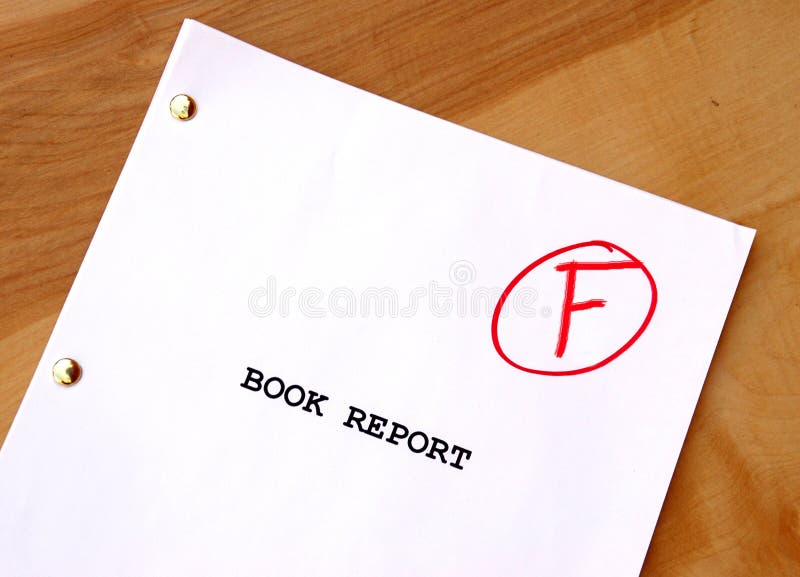Building Resilience Through Academic and Professional Setbacks
Academic failures, whether poor grades, rejected applications, or unsuccessful projects, serve as powerful catalysts for personal development. Students who experience academic setbacks often develop superior study strategies, time management skills, and emotional regulation techniques compared to those who never face significant challenges.
In professional environments, career setbacks such as job rejections, failed projects, or missed promotions provide invaluable opportunities for skill development and self-reflection. These experiences force individuals to reassess their approaches, identify areas for improvement, and develop alternative strategies for achieving their goals.
The most successful individuals understand that resilience is not an innate trait but a skill that can be developed through deliberate practice and reflection. By reframing failures as learning opportunities rather than personal shortcomings, we can maintain motivation and continue progressing toward our objectives even in the face of significant obstacles.




